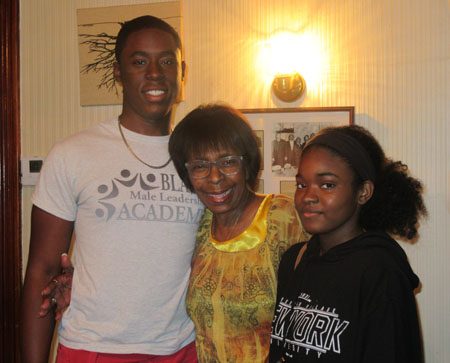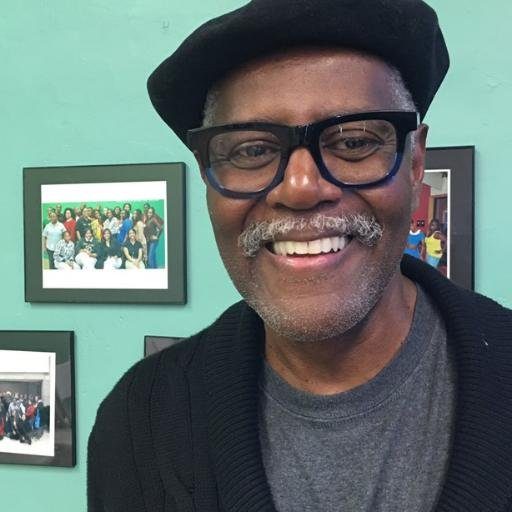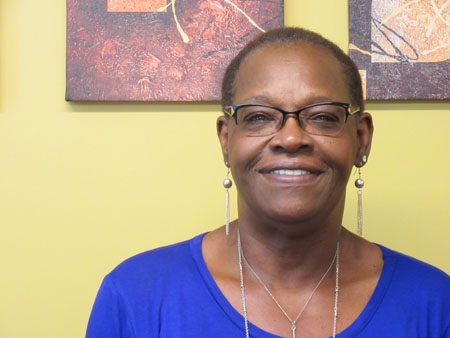In this installation of the North Lawndale History Project series, North Lawndale Minow Fellows Zilah Harris and Wynton Alexander discuss the favorite parts of their oral history interview with a former Black Panther.
Billy Lamar Brooks Sr., also known as Billy Ché or Ché, was born in Mississippi in 1948 and moved to Chicago in 1951. Eventually, his family settled on South Kedvale Avenue in North Lawndale. During the late 1960s, he was the deputy minister of education for the Black Panther Party’s Illinois chapter. Billy Ché’s job was “to insure that all party members understood the platform.”

Billy Lamar Brooks Sr., 2017. Photograph by Peter T. Alter
Zilah writes about what she enjoyed the most.
Billy Ché Brooks is a man to remember. To even have the opportunity to interview someone of such importance and who had such an impact on the black community was a humbling experience. At the same time, Ché is an everyday guy with a life filled with hard work and dedication to his people and community. It was great to interview him because I was getting in on an important piece of history.
The most surprising part of the interview was the impressive amount of times this man was confident enough to curse. He was completely himself and obviously comfortable in his skin. Ché told us about his work as a Panther, specifically as a leader in the Illinois chapter’s education department. He spoke about working with young people at his former job at the Better Boys Foundation and how it impacts his focus on specific issues in the community. Ché also told us how the loss of his son made him stronger. In the end, Billy Ché Brooks was an amazing and inspiring interviewee.
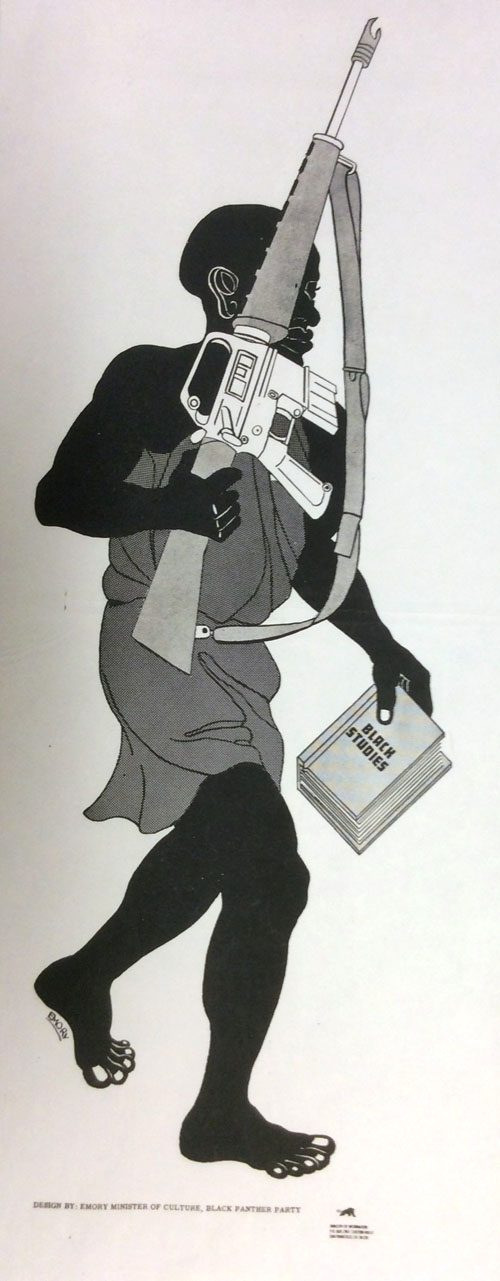
A Black Panther poster (1969) highlighting the role of education in the Black Panther Party, which Billy Ché supported when he was a member.
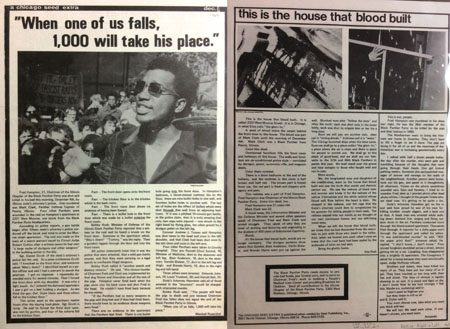
Front and back of a Chicago Seed Extra poster (1969), which explains how Fred Hampton and Mark Clark, at 21 and 22, respectively, and leaders of the Illinois chapter of the Black Panther Party, were killed by law enforcement at 2337 West Monroe Street.
Wynton was struck by a specific part of the interview.
What surprised me the most during the interview with Billy Ché was when he asked me how many times I have been to jail. When he was younger, he went to jail because he was standing up against things he felt were wrong. At first I asked him, “How many times have you been to jail?” Then, he flipped the question on me, and I responded with, “Zero.” “Really,” Mr. Brooks said and then asked, “How old are you?” I responded, “Fifteen.” He continued, “Do you think you will ever go to jail?” After I said, “Never,” his response was “When I was your age, I thought the same thing.”
That really stuck out to me. It’s amazing how people judge young black males. Just because I am black and young does not mean I should be labeled a certain way. People may think the majority of young black males are not doing well because of the things they see in the media, but the media really focuses on the bad things people do, not the good. People need to learn to stop thinking “one bad apple spoils the whole bunch” because that is just not the case.
Listen to Billy Ché discuss his experience as a student at Woodrow Wilson Junior College, now Kennedy–King College.
In this clip, Billy Ché talks about the Black Panthers’ relationship to gangs.
